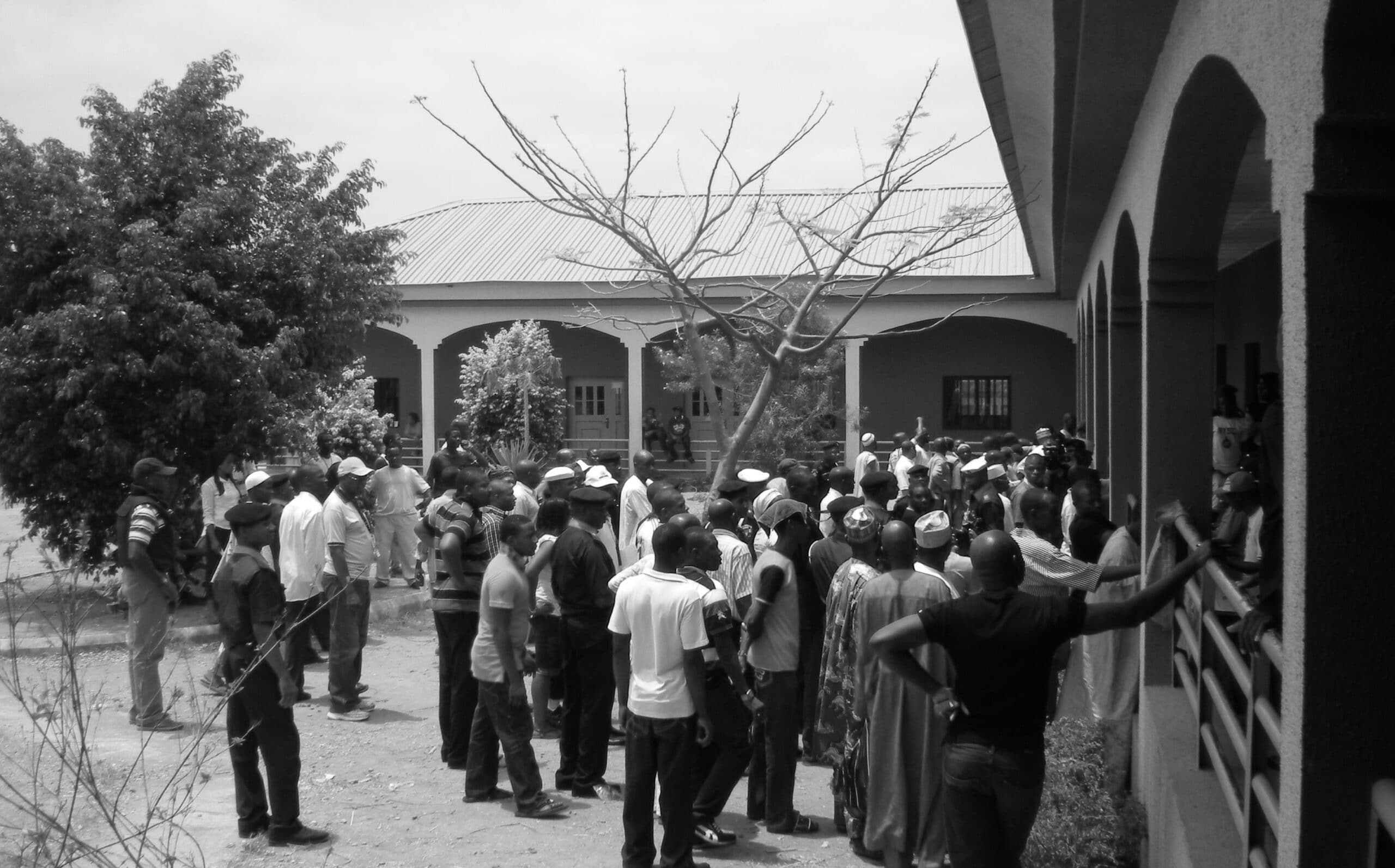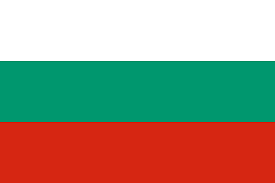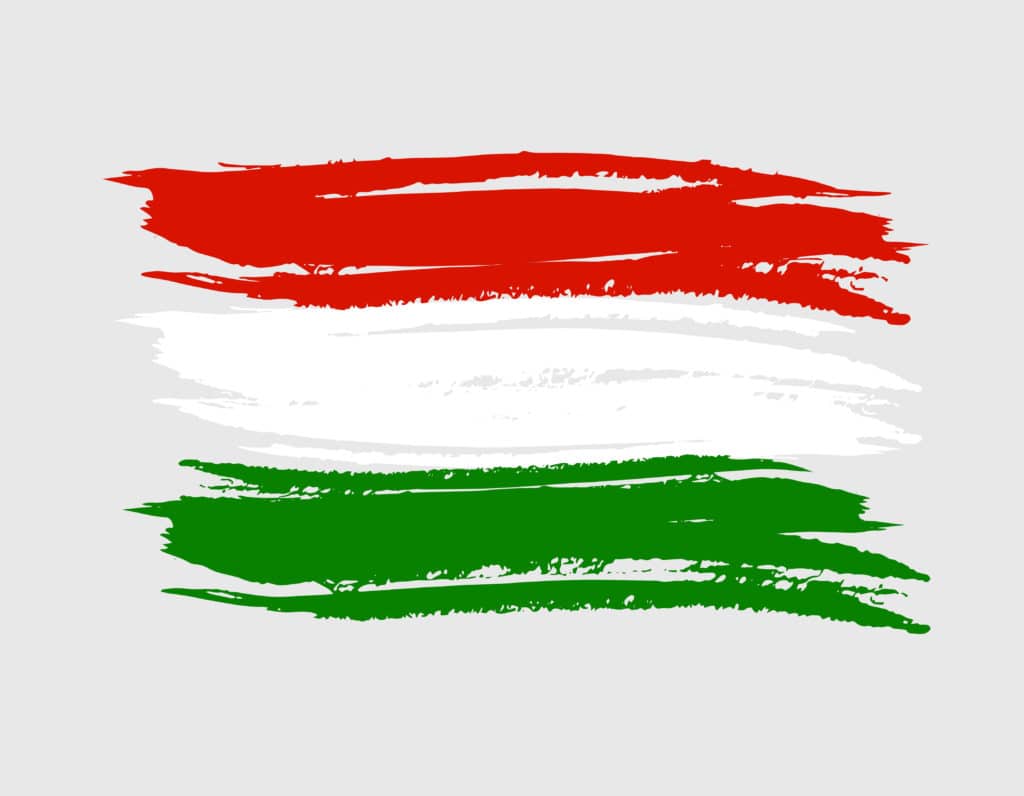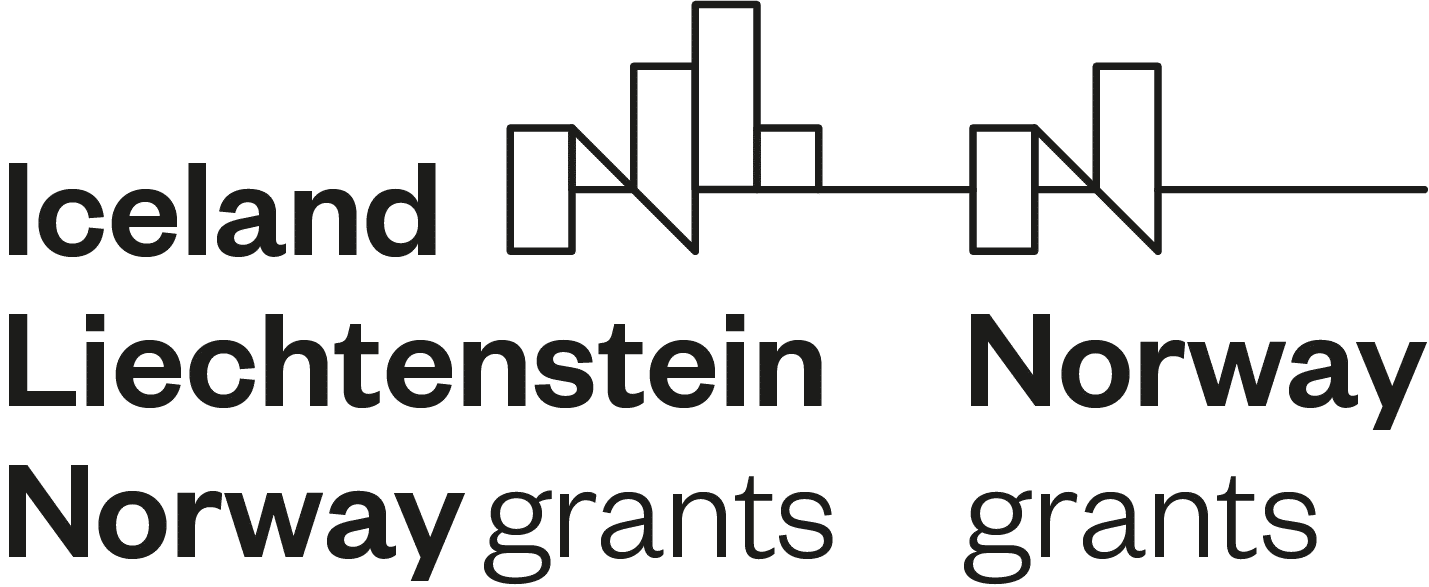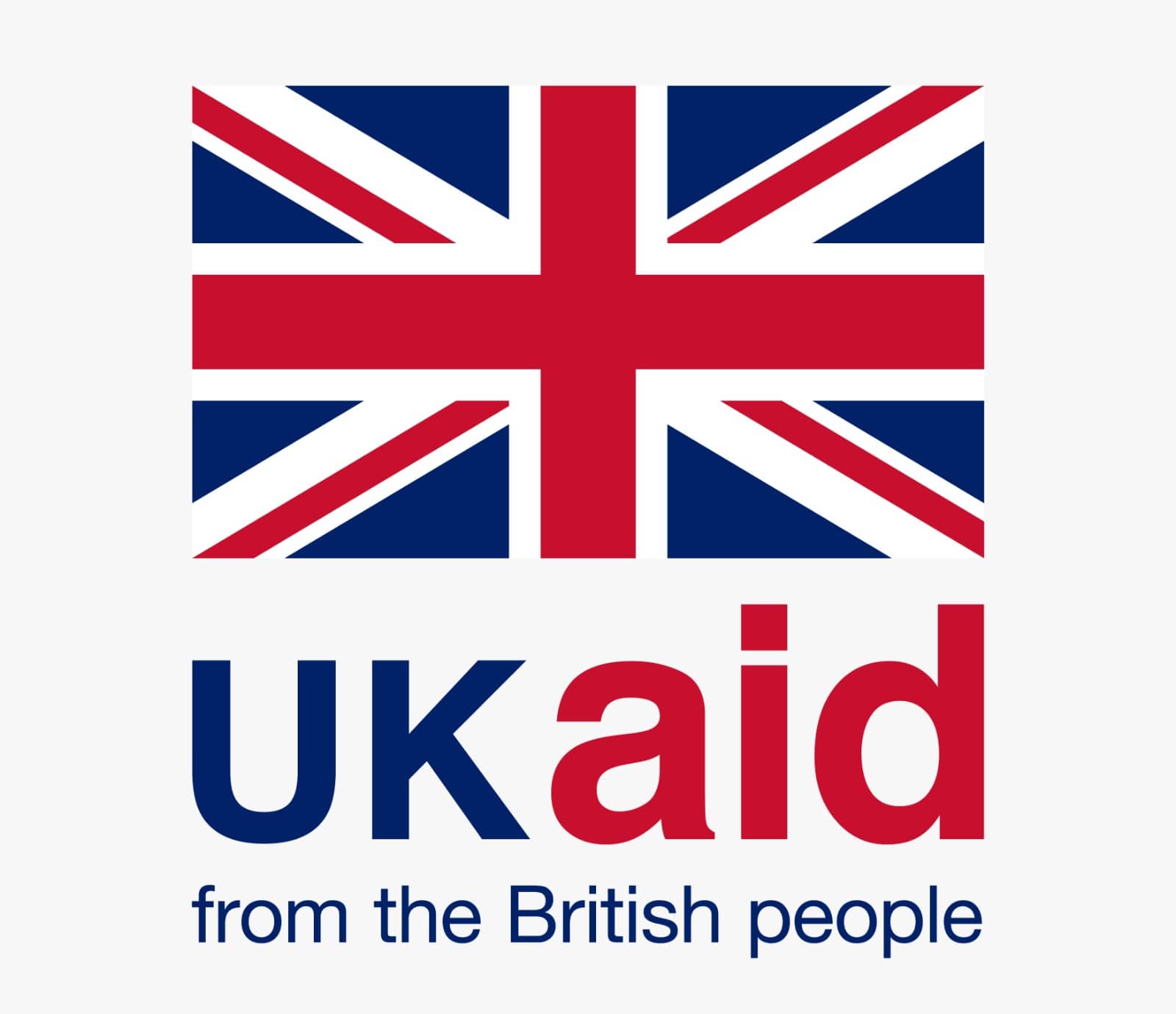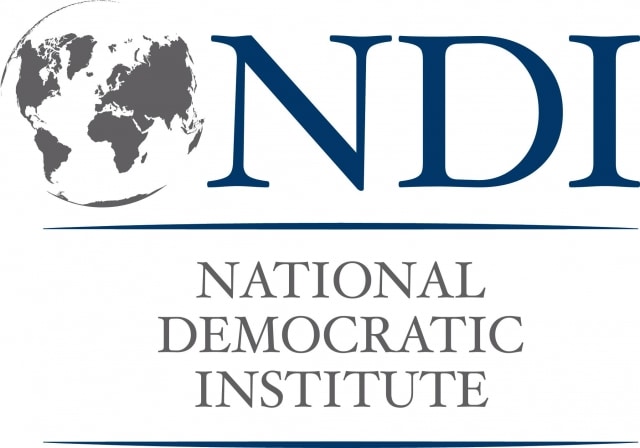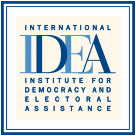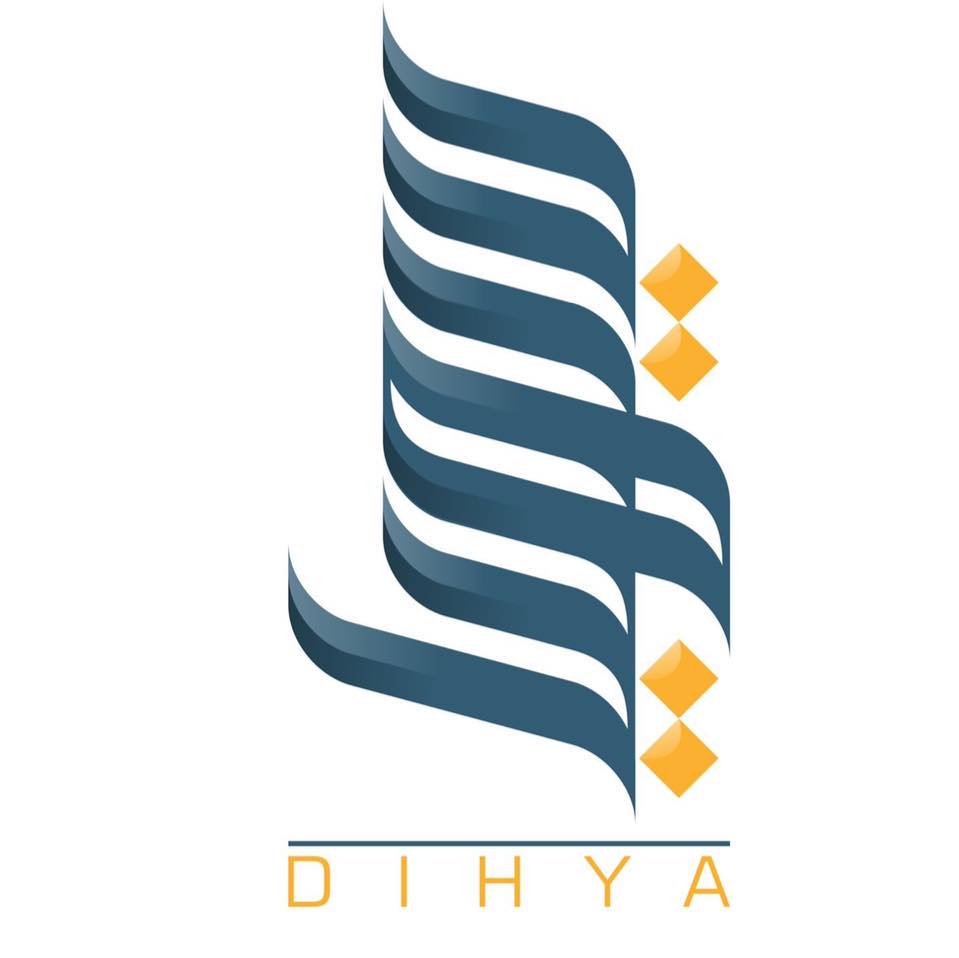Kosovo Elections: A Post Mortem
For some parties, a post mortem in the literal sense
Vetëvendosje’s victory in yesterday’s national election is not a surprise. For the previously dominant political parties, it was a train wreck in slow motion. The size of Vetëvendosje’s win is a statement by Kosovo’s voters; a rejection of the same old politics that have, literally, consumed Kosovo for the past 22 years.
Nor is it surprising that half of the Democratic League of Kosovo’s (LDK) vote went with the popular Vjosa Osmani to Vetëvendosje. Osmani was stripped of her leadership positions within LDK for being critical of her party for voting non-confidence in their coalition partner Vetëvendosje.
That the Democratic Party of Kosovo (PDK) was able to hold on to a sizable share of its vote is also not much of a surprise; theirs is a fiercely loyal voter base. And to PDK’s credit, it has done a much better job of addressing the generational issue that plagues politics everywhere, but Kosovo particularly. Admirably, PDK has a cadre of young, urbane, and well-educated politicos who are truly empowered and effectively represent the party.
PDK had just accumulated too much baggage over 22 years, more or less, of being in government to board the victory train. In addition, its leading conductors (to continue the railway analogy) are cooling their heels at another station. The prognosis for PDK is that it will survive this election result. A smaller rival party the Social Democratic Initiative (Nisma) will most likely return to the PDK family in a formal merger. If it doesn’t and simply disbands, then their voters will have a place to park their vote.
LDK, on the other hand, is — and has been for a while — on life support. Sure, in 2019 they came in second to Vetëvendosje, but a significant share of its vote was coming out for Vjosa Osmani.
Sadly, LDK has yet to get over the death and absence created by Ibrahim Rugova and be a political force in their own right. With plenty of squandered opportunities, the party failed to refashion itself as a relevant, principled, and modernising influence, while still being true to the original values of its founders. More than this, LDK’s political leaders have been far too trusting of their international partners. As a result, they have been willing to betray their core supporters, voters, and principles to placate domineering personalities sent to ‘manage’ the Kosovo file.
This isn’t to say that Kosovo shouldn’t have strong relationships with its international partners, but it has to be one that is built on respect and trust. Kosovo’s political leadership cannot be forced to choose the better interest of a friend than the better interest of those who elected them.
There are many examples I can use to make this point, but the following two suffice. In 2014 the international community put immense pressure on LDK to cut a deal with PDK to form a coalition government, months after running a campaign saying it would, under no conditions, join a coalition with PDK. In doing so LDK self-inflicted a public and deep wound that never healed. Jump 2020 and LDK voted non-confidence against the prime minister, Vetëvendosje’s Albin Kurti. If (as several Kosovo watchers suggest) it is the case that the Trump administration supported, or insisted on, the move to oust Kurti from government, then this sealed LDK’s fate.
This doesn’t mean that Kosovar politicians shouldn’t or can’t be compromising and make difficult decisions for the greater good. It does mean, however, that Kosovo’s international partners cannot ignore the real politick consequences of insisting on particular outcomes for the sake of stability or furthering their agendas.
It really is a shame that LDK has so publicly and frequently inflicted so much self-harm, sometimes at the insistence of their international partners. The consequences of which are missing opportunities to cultivate idealistic and empowered new generations of political leaders and to proudly and credibly promote policies rooted in the principles of Rugova. The shame is that Kosovo needs the voice of LDK rooted in the values of its founders and Rugova in particular.
Albin Kurti’s government will have a different relationship with Kosovo’s international partners. He will compromise to the point that it does not inflict harm to the integrity of Kosovo’s body politic; nor should he do otherwise. With his team’s experience and talent, which includes Vjosa Osmani, the international community will need to be ready to provide its assistance but will need to take the lead from this new government, a government with an incredible mandate to govern.

